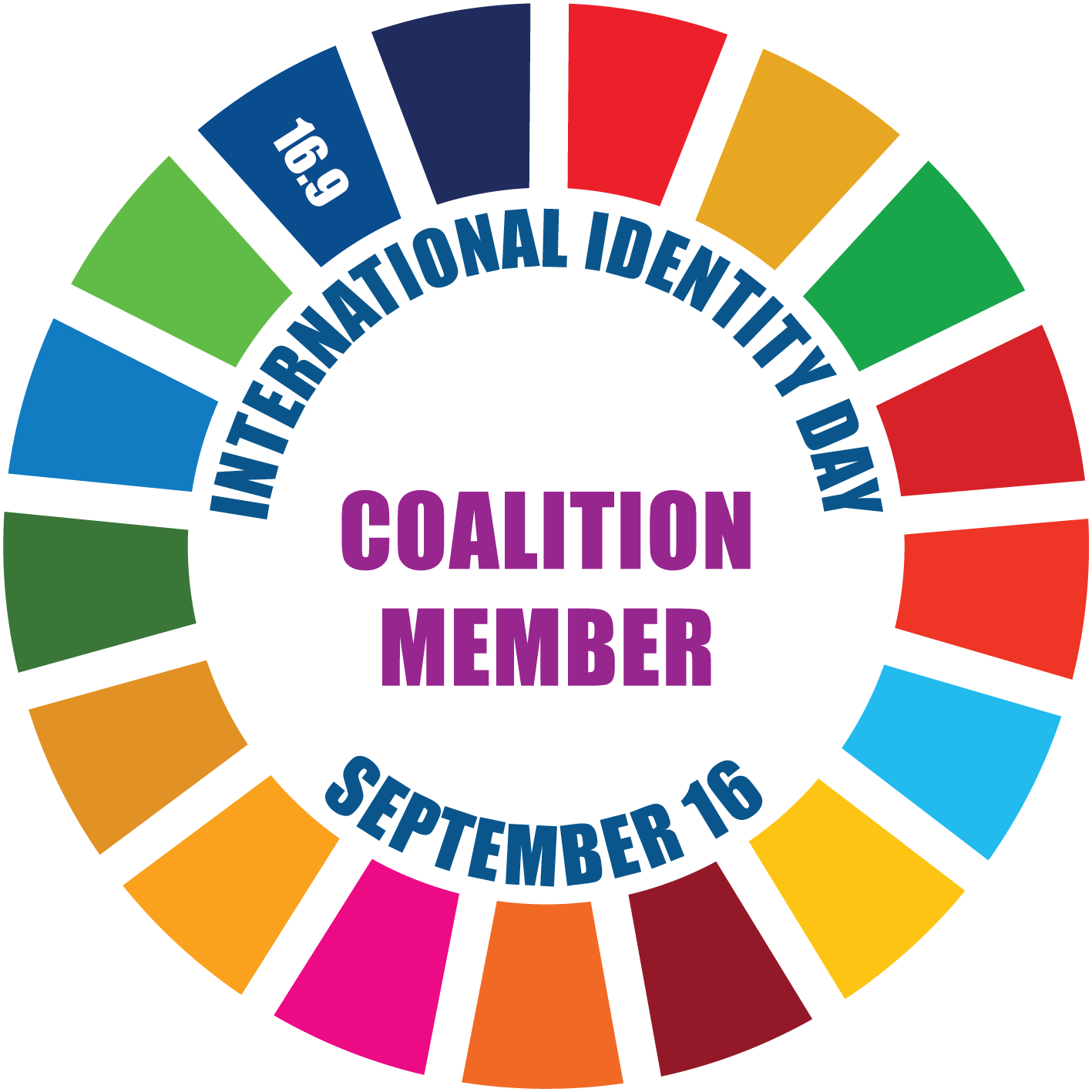In June 2021, the European Parliament (EP) asked for a permanent ban on the automated recognition of individuals in public spaces. Parliament calls for the use of private facial recognition databases and predictive policing based on behavioural data to be forbidden.
Dr Emilio Mordini argues that EP's reasons for concern are partly misplaced and stem from an overemphasis on the technological potential of AI for recognition technology and an underestimation of its inherent limitations. His argument is based on what has been called 'the most beautiful 10 minutes in the history of cinema': the final sequence of Sergio Leone's movie ‘The Good, the Bad and the Ugly'.
Curriculum vitæ
Emilio Mordini is an M.D. and M.Phil.; he has some 40 years of practice as a psychiatrist and psychoanalyst. During his professional life, he has been awarded with several research grants within the scope of the 3rd, 4th, 5th, 6th, 7th RTD FPs, and H2020, and by the NATO Science for Peace and Security Programme. Emilio pioneered international research on ethics of biometrics, launching in 2003 the FP6 project BITE (Biometric Technology Ethics) and initiating 4 major international conferences on ethics of biometrics, held in Europe (15-16 Dec 2005, Brussels, jointly convened by the European Commission), in the US (28 – 29 Nov 2006, jointly convened by the US Dept. of Homeland Security), in India (24-25 Sept 2009, New Delhi, jointly convened by the Data Security Council of India), and in the People's Republic of China (4-5 Jan 2010, Hong Kong, and 11-12 Oct 2011, Beijing, jointly convened by the HK Polytechnic University and the Chinese Academy of Science).
Currently, he serves as a member of the CERIS Expert Group at DG Home and chairs the ethical committee of the European Association of Biometrics (EAB). He has extensively published in international journals and edited several books.
We thank our media partner:





